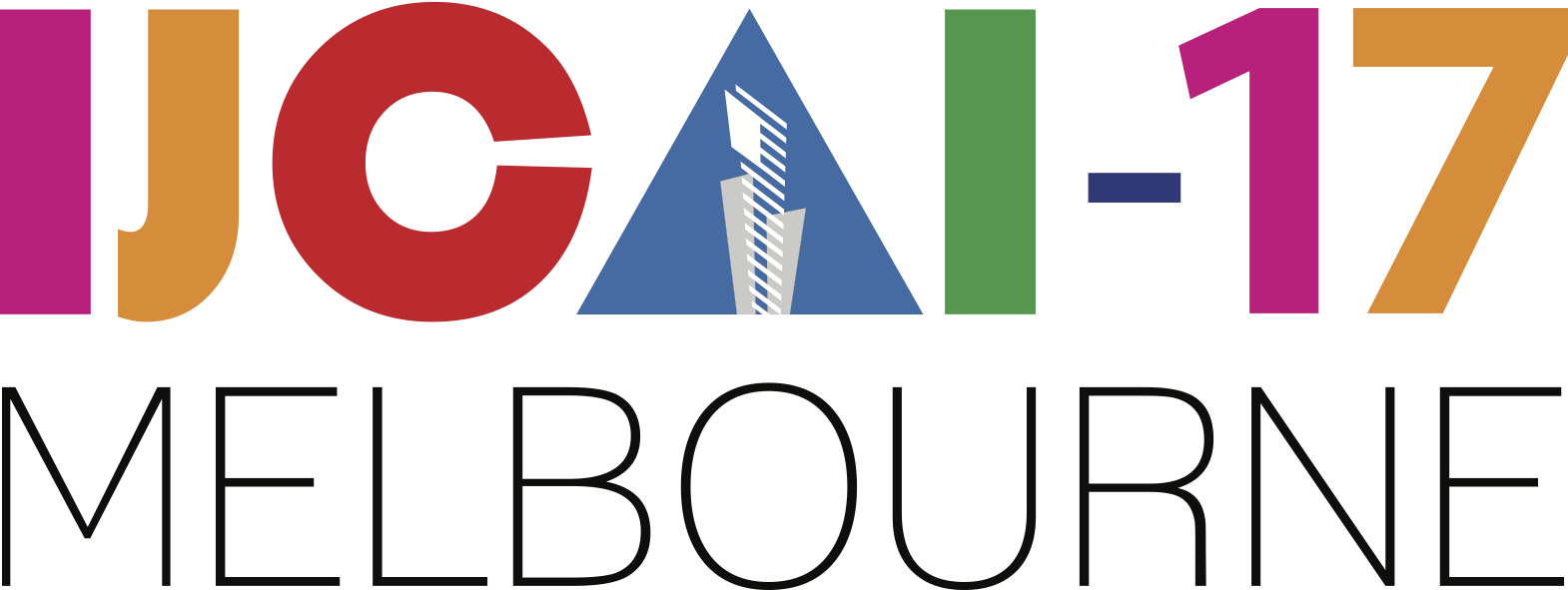Cause-Effect Knowledge Acquisition and Neural Association Model for Solving A Set of Winograd Schema Problems
Cause-Effect Knowledge Acquisition and Neural Association Model for Solving A Set of Winograd Schema Problems
Quan Liu, Hui Jiang, Andrew Evdokimov, Zhen-Hua Ling, Xiaodan Zhu, Si Wei, Yu Hu
Proceedings of the Twenty-Sixth International Joint Conference on Artificial Intelligence
Main track. Pages 2344-2350.
https://doi.org/10.24963/ijcai.2017/326
This paper focuses on the investigations in Winograd Schema (WS), a challenging problem which has been proposed for measuring progress in commonsense reasoning.Due to the lack of commonsense knowledge and training data, very little work has been found on the WS problems in recent years.Actually, there is no shortcut to solve this problem except to collect more commonsense knowledge and design suitable models.Therefore, this paper addresses a set of WS problems by proposing a knowledge acquisition method and a general neural association model.To avoid the sparseness issue, the knowledge we aim to collect is the cause-effect relationships between thousands of commonly used words.The knowledge acquisition method supports us to extract hundreds of thousands of cause-effect pairs from large text corpus automatically.Meanwhile, a neural association model (NAM) is proposed to encode the association relationships between any two discrete events.Based on the extracted knowledge and the NAM models, in this paper, we successfully build a system for solving WS problems from scratch and achieve 70.0% accuracy.Most importantly, this paper provides a flexible framework to solve WS problems based on event association and neural network methods.
Keywords:
Machine Learning: Machine Learning
Machine Learning: Deep Learning

